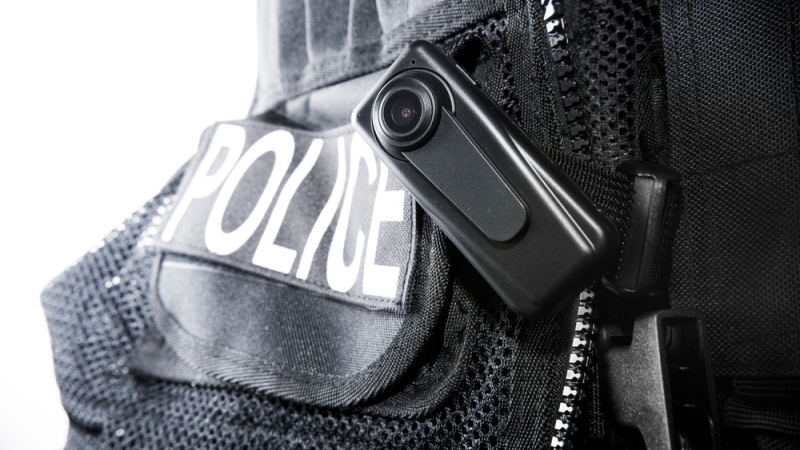
The first Federal agents will begin using body-worn cameras (BWCs), the Department of Justice (DoJ) confirmed in a press release.
The DoJ said it was launching the first phase of its Body-Worn Camera Program that requires department law enforcement personnel to use BWCs during pre-planned law enforcement operations.
For the first phase, agents from the Bureau of Alcohol, Tobacco, Firearms, and Explosives (ATF) Phoenix and Detroit Field Divisions began using BWCs this week. The DoJ said that the Drug Enforcement Administration (DEA), the FBI, and the U.S. Marshals Service (USMS) would also begin their BWC programs over the coming weeks.
“Keeping our communities safe is a top priority for the Justice Department,” said Attorney General Merrick B. Garland. “Law enforcement is at its most effective when there is accountability and trust between law enforcement and the community. That is why we have expanded our body-worn camera program to our Federal agents, to promote transparency and confidence, not only with the communities we serve and protect but also among our state, local, and Tribal law enforcement partners who work alongside our Federal agents each day.”
The department’s plans include a phased implementation of BWCs. The DoJ noted that the current plans rely upon Congress to secure funding to equip agents nationwide with BWCs.
“The Department of Justice recognizes the importance of transparency and accountability in its law enforcement operations,” said Deputy Attorney General Lisa Monaco. “Because there are circumstances where the use of force may occur during planned law enforcement operations, we are committed to the use of body-worn cameras by DOJ law enforcement agents in such circumstances.”
Planning for this first phase kicked off on June 7 when Monaco directed the ATF, DEA, FBI, and USMS to develop individualized comprehensive policies that require agents to wear and activate BWC recording equipment for purposes of recording their actions during a pre-planned attempt to serve an arrest warrant or other pre-planned arrest, including the apprehension of fugitives sought on state and local warrants; or during the execution of a search or seizure warrant or order. The DoJ noted that consistent across each of these policies is a presumption that BWC recordings depicting conduct resulting in serious bodily injury or death of another will be released as soon as practical.
